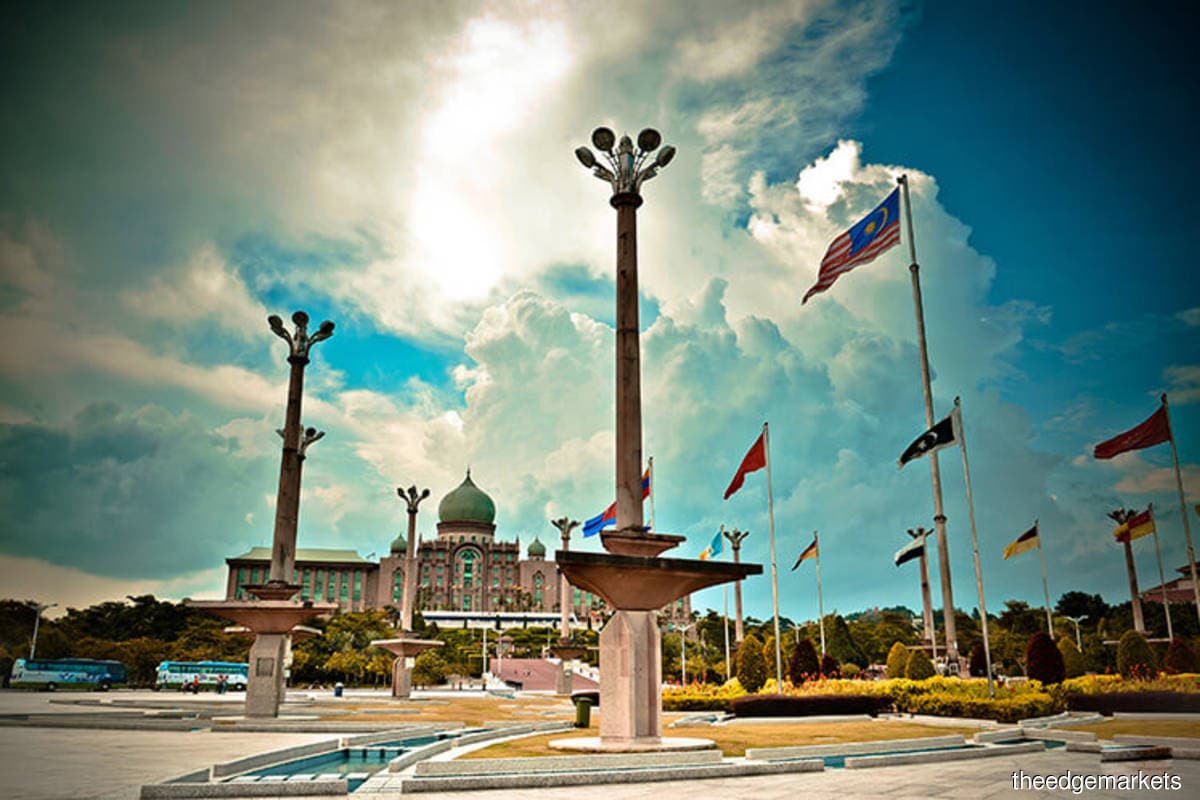
KUALA LUMPUR (Dec 6): It is now all hands on deck for the new Cabinet, which was formed just in time to steer Malaysia through a period of slowing growth worldwide, with the possibility of a global recession next year looming on the horizon, while competition to become the preferred investment destination in Asean heats up further.
The Cabinet, announced on Friday (Dec 2), needs to move fast and decisively to safeguard Malaysians’ wellbeing in both the short- and long-term. Here are some topics that will require the immediate attention of key ministers in the new Cabinet:
Minister of Finance Datuk Seri Anwar Ibrahim
Address both cost of living and fiscal position
Anwar, who is also the prime minister, has committed to address the rising cost of living. One way to do so is through subsidy intervention. But the subsidy bill should not be allowed to rise further, after hitting a recor RM77.7 billion this year — representing 33% of federal government revenue — as the bulk of it benefits the rich due to the unsustainable blanket subsidy model.
The minister needs to seriously look at targeted subsidies or other implementation methods, as there is an urgent need to better manage spending and undertake fiscal consolidation efforts. Debt service charges have exceeded 10% of federal government revenue since 2014. By 2023, about 17 sen of every ringgit earned by the federal government will be spent on repaying debt.
Expand the country’s revenue base
Malaysia is truly blessed, as the pandemic period was quickly followed by a surge in oil prices in 2021-2022. This helped cushion the tens of billions of ringgit in additional spending sourced from national oil company Petronas (Petroliam Nasional Bhd).
That said, before Malaysia faces new economic shocks, Anwar must look at expanding the government’s revenue base, such as through the overdue broader tax reform. If the Goods and Services Tax (GST) is not an option now amid nascent economic recovery, an alternative is needed.
Minister of International Trade and Industry Tengku Datuk Seri Zafrul Aziz
Rebranding Malaysia to retain and attract investments
In 2021, Malaysia booked a total of US$11.6 billion in foreign direct investments, or FDI, behind that of Vietnam (US$15.7 billion), Indonesia (US$20 billion) and Singapore (US$99 billion), according to the Asean Investment Report 2022.
Zafrul’s task in his new role is to capture and retain not just FDI but to retain DDI (domestic direct investments), and to continue existing efforts to reduce bureaucracy restrictions, as well as action plans to channel FDI into local SMEs (small and medium enterprises).
More importantly, Malaysia must be branded correctly, and should no longer be associated with just cheap labour and cheap costs (such as energy).
He may want to “review and renew” MITI’s incentive packages for new investors, said MIER senior research fellow Dr Shankaran Nambiar.
“The question is whether we can offer policy continuity,” Dr Shankaran said. “We should not hold ourselves back just because we cannot promise political stability of the sort where one party has an absolute majority. Those days will probably be gone for the next 10- to 20 years.”
Minister of Natural Resources, Environment and Climate Change Nik Nazmi Nik Ahmad
Provide clarity on RE pathway, industry liberalisation
Earlier this year, Malaysia banned any export of renewable energy (RE), at a time when there is heightened demand for green energy in countries like Singapore. The reason cited was low RE supply locally. But on the other hand, the country has a high electricity reserve margin that is expected to rise to 40%, more than double the recommended 15%.
Instead of giving way to fast-growing competitions like Vietnam and Laos, how can Malaysia grow its RE sector and capitalise on the industry’s demand while balancing local industry dynamics? Nik Nazmi’s policy on the country’s RE pathway — as well as the disrupted power sector liberalisation under MESI 2.0 — will be closely watched.
Minister of Communications and Digital Fahmi Fadzil
Ensure 5G roll-out continues one way or the other
Malaysia’s journey to 5G follows several years of delays since 2020, amid multiple reviews of the implementation method, from through a telco consortium, to individual licensees, and now under the single wholesale network (SWN) provided by government-owned Digital Nasional Bhd (DNB).
On Monday (Dec 5), PM Anwar said his administration will review the 5G roll-out as it “was not done in a transparent manner”. Arguments about the implementation method aside, Fahmi Fadzil must ensure that 5G roll-out to the targeted 80% by 2024 proceeds smoothly. Otherwise, Malaysia will not be able to catch up with Thailand, the Philippines, Taiwan, South Korea and Japan, who are all already 5G-ready.
Minister of Human Resource V Sivakumar
Minister of Education Fadhlina Sidek
Minister of Higher Education Datuk Seri Mohamed Khaled Nordin
Match labour demand and supply
Demand for foreign workers rose to 2.1 million from 1.8 million pre-pandemic, with hundreds of thousands of registered labour yet to enter the country, according to reports as of October.
While the business community should understand that automation is the way forward, the government needs to resolve the shortage of foreign labour, which is currently indispensable for three key sectors — plantation, construction and manufacturing.
The ministers must work with industry players to identify and help establish what they need, as well as to provide the right employment, reskilling and upskilling programmes in order to address skilled labour shortage and youth unemployment.
“The idea is to look at education, such as TVET (vocational education), strategically, and find out how they can help ensure the economy is vibrant,” said a former director at a Ministry of Higher Education’s department. “The industry is part and parcel of the big picture; we must be clear about which sector we want [to push].”